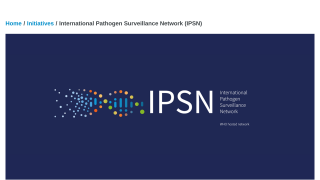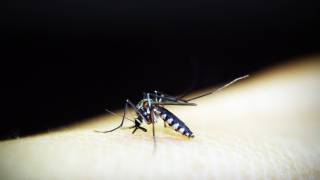Zika Likes Puerto Rico

Puerto Rico has been heavily impacted by the Zika virus, a mosquito-borne flavivirus that emerged in the Americas during 2015.
Researchers led by experts from the Centers for Disease Control and Prevention (CDC) report an rapid increase in Zika cases.
Using data from screening of blood donations collected by the 2 largest blood centers in Puerto Rico during April 3–August 12, 2016, and assuming a 9.9-day duration of viremia, the CDC estimated that 469,321 persons in Puerto Rico were infected during this period, for an estimated cumulative incidence of 12.9%.
In an earlier analysis published during June 2016, the same group of researchers estimated a 0.5% prevalence for the Zika virus in blood samples.
The findings of this study are subject to several limitations.
- First, the number of persons residing in Puerto Rico (estimated at 3.4 million in 2016 by the Puerto Rico Department of Health) might differ from the 2014 US Census population estimate of 3.6 million in our model.
- Second, the demographic composition of blood donors, specifically sex and age, does not match that of the general population.
To reduce the risk for transfusion-transmitted Zika virus infection, in February 2016, the Food and Drug Administration (FDA) recommended that all US areas with active Zika virus transmission cease blood collections unless donations are screened by NAT or treated with approved pathogen-reduction technology.
Blood safety interventions in Puerto Rico were limited to importation of blood units from unaffected US areas and treatment of plasma and apheresis platelets with pathogen-reduction technology until early April 2016.
Data from blood donor screening have been used during previous arbovirus outbreaks to supplement surveillance and guide the implementation of public health interventions.
Although most persons with Zika show no symptoms, the virus can cause neurologic and other complications. Zika can be passed from a pregnant woman to her fetus. Infection during pregnancy can cause certain birth defects, including fetal microcephaly in babies.
There is no vaccine or medicine for Zika.
No conflicts of interest were disclosed by these researchers: Michelle S. Chevalier , Brad J. Biggerstaff, Sridhar V. Basavaraju, M. Cheryl Bañez Ocfemia, Jose O. Alsina, Consuelo Climent-Peris, Robin R. Moseley, Koo-Whang Chung, Brenda Rivera-García, Melissa Bello-Pagán, Lisa L. Pate, Susan A. Galel, Phillip Williamson, and Matthew J. Kuehnert.
Our Trust Standards: Medical Advisory Committee

























